Looking up at the night sky has always sparked curiosity and questions, leading to two interesting subjects — astrology and astronomy. To really understand them, we need to know the exact meaning of astrology vs astronomy. It’s not just about the names; it’s about the scientific side of one and the stories told by the other. Join me as we explore these ideas and uncover what astrology vs astronomy definition truly means, discovering the wonders hidden among the stars.
Astrology vs Astronomy Definition
Astronomy is the scientific study of celestial objects, utilizing methods like observation and analysis with tools such as telescopes to unravel the universe’s mysteries. Astrology is a belief system interpreting celestial bodies’ positions, particularly stars and planets, to provide personal insights and predictions.
While astronomy relies on empirical evidence and scientific methods, astrology leans on symbolism and interpretation.
Despite their differences, both fields share historical connections, evidenced by constellations having scientific names in astronomy and symbolic meanings in astrology.
Let’s dive deeper into each subject.
What is Astronomy?
Astronomy is the scientific study of celestial objects like stars, planets, and galaxies. In simple terms, it’s about understanding what’s out there in space.
The definition of astronomy revolves around observing and analyzing the universe beyond Earth.
Astronomy’s roots go way back, with ancient civilizations observing the night sky. As time passed, it evolved into a modern science with various branches like astrophysics and cosmology.
The definition of astronomy today encompasses not just stargazing but also advanced technologies like telescopes and satellites.
Scientists in astronomy seek to answer fundamental questions about the cosmos, such as the origins of the universe and the nature of black holes. Their work contributes to our broader understanding of space and time.
In summary, when we talk about astronomy’s definition, we’re referring to the scientific exploration and study of everything beyond our home planet.
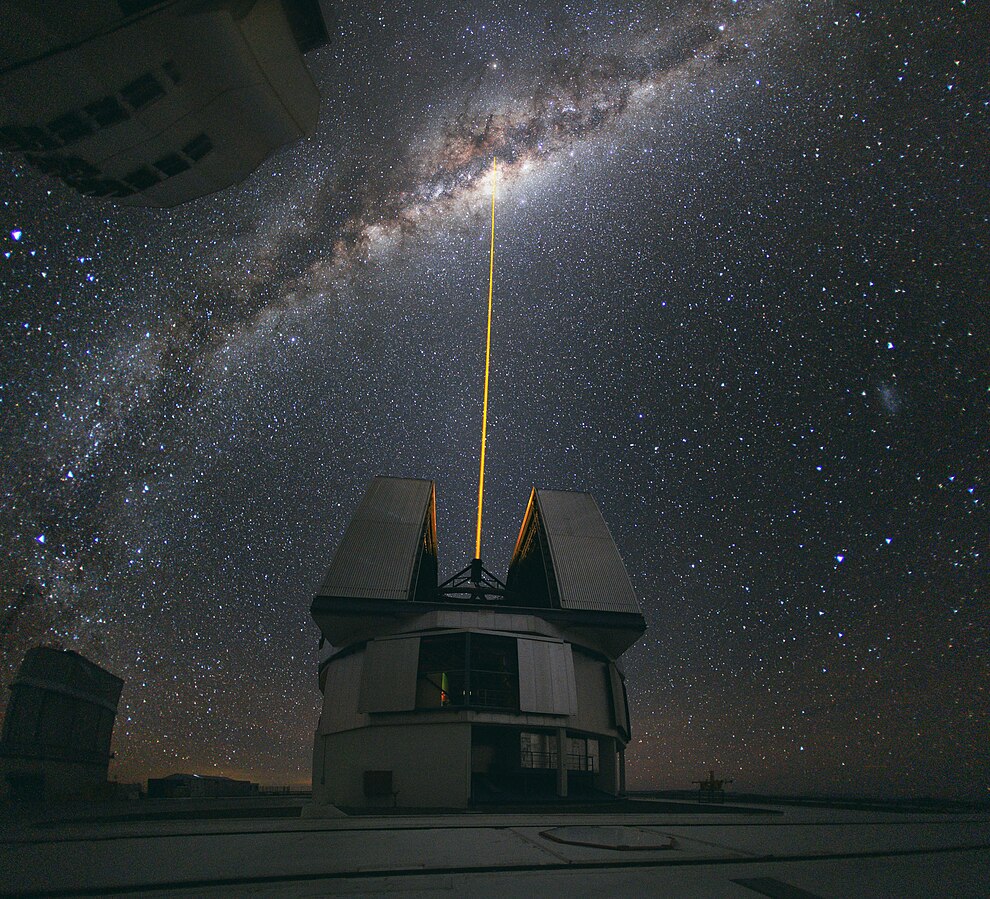
What is Astrology?
Astrology, unlike astronomy, is not a science. Astrology is more about beliefs and interpretations connected to celestial bodies, especially the positions of the stars and planets at a given time.
With deep historical roots, astrology has been a part of various cultures for centuries. People use astrology to gain insights into personality, relationships, and even future events.
The definition of astrology is closely tied to the idea that celestial movements can influence human affairs.
There are different branches of astrology, each focusing on specific aspects of life. Horoscopes, for instance, provide personalized insights based on an individual’s birth chart.
It’s important to note that, unlike astronomy, astrology lacks empirical evidence and doesn’t follow the scientific method.
In essence, the astrology vs astronomy definition contrast is evident here.
Astrology is more about interpreting celestial positions for personal insights, while astronomy is a scientific exploration of the broader cosmos.
What are the Key Differences?
When delving into the astrology vs astronomy definition comparison, key differences emerge. Let’s compare these differences.
Scientific Basis vs. Belief System
- Astronomy: Rooted in empirical evidence and scientific principles.
- Astrology: Based on beliefs and interpretations without empirical support.
Methodologies and Practices
- Astronomy: Utilizes telescopes, satellites, and advanced instruments for objective observation.
- Astrology: Relies on subjective analysis using horoscopes and charts.
Goals and Objectives
- Astronomy: Seeks to unravel the mysteries of the universe, including its origins and workings.
- Astrology: Primarily aims to provide personal insights and guidance.
Approach to Celestial Bodies and Events
- Astronomy: Studies celestial bodies to understand their nature and properties.
- Astrology: Views celestial bodies symbolically, linking their movements to human experiences.
What are the Overlapping Concepts?
While the astrology vs astronomy definition may seem worlds apart, there are historical and conceptual overlaps that add nuance to their relationship. Early civilizations saw little distinction between the two, intertwining observations of celestial events with spiritual and cultural significance.
- Historically, both astrology and astronomy shared terminology and symbolism. Constellations, for instance, have scientific names in astronomy and carry symbolic meanings in astrology. This common language reflects the interconnected history of these disciplines.
- Culturally, astrology and astronomy influenced each other. Ancient observatories served dual purposes, aiding in both scientific study and astrological practices. Even today, certain celestial events carry significance in both realms, showcasing the enduring connection between the scientific and symbolic aspects of celestial observation.
Acknowledging these overlaps is essential when considering the astrology vs astronomy definition dynamic. While they have diverged in modern times, recognizing their shared history and language enhances our understanding of how these disciplines have shaped our perception of the cosmos.
Contemporary Views on Astrology vs Astronomy
In today’s world, the astrology vs astronomy definition debate persists, shaped by evolving perspectives and societal beliefs.
The scientific community predominantly views astronomy as a rigorous scientific discipline grounded in evidence and observation. Astronomy’s contributions to our understanding of the universe are widely acknowledged.
Astrology, however, often encounters skepticism within the scientific community. Its lack of empirical evidence and adherence to a belief system place it outside the realm of mainstream science.
Despite this, astrology maintains popularity among the general public, with many finding personal meaning in horoscopes and astrological insights.
The coexistence of astrology and astronomy in modern society is intriguing.
Scientific advancements haven’t diminished public interest in astrology. Instead, the two coexist, with individuals embracing both disciplines for different purposes — one for scientific exploration, the other for personal guidance.
The astrology vs astronomy definition contrast continues in contemporary views. While astronomy thrives as a respected scientific field, astrology persists as a cultural and personal practice, illustrating the diverse ways in which humanity engages with the celestial world.
The astrology vs astronomy definition contrast is not merely a matter of scientific versus non-scientific; it’s a reflection of how we, as humans, engage with the cosmos on both empirical and symbolic levels.
It’s evident that both astrology and astronomy contribute uniquely to our understanding of the universe. Whether through the lens of scientific discovery or the symbolic guidance found in astrological practices, each offers a distinct perspective.
Embracing the astrology vs astronomy definition dynamic encourages a holistic appreciation of the cosmic realm. It prompts us to recognize the diverse ways in which humanity has sought meaning among the stars — through scientific inquiry, cultural symbolism, and personal introspection.

Andrew
With years of experience and a passion for exploring the cosmos, I want to be your go-to destination for all things celestial. My mission is to bring the wonders of the universe to your fingertips and demonstrate how the art of stargazing and telescope therapy can nurture not only your astronomical curiosity but also your mental health. Explore the cosmos with me and discover the profound connection between the night sky and your inner peace.


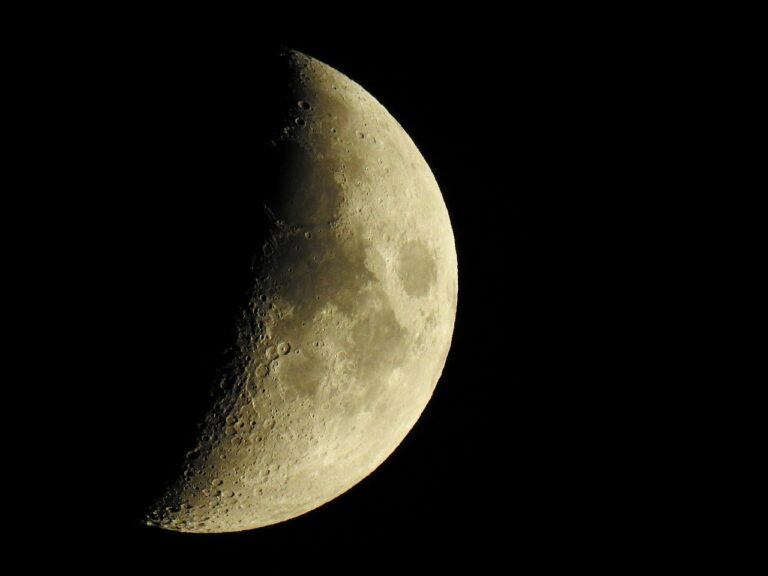
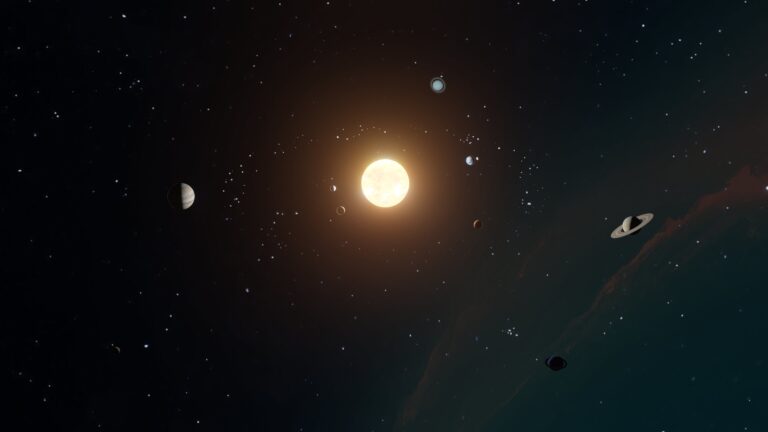
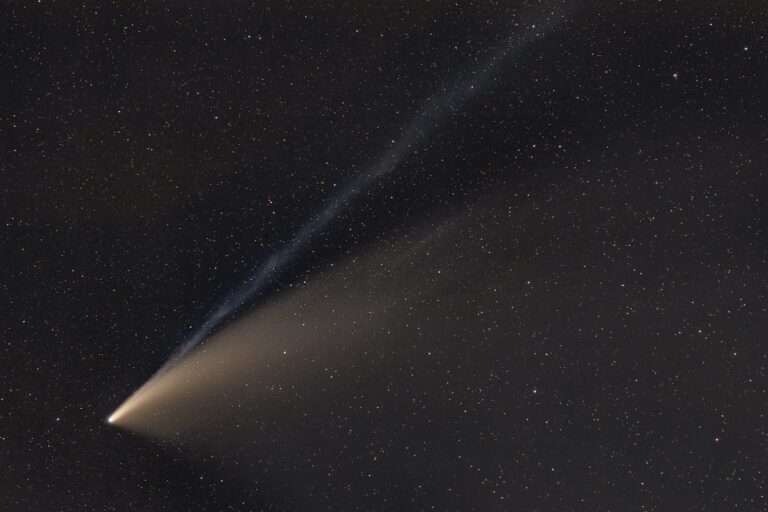

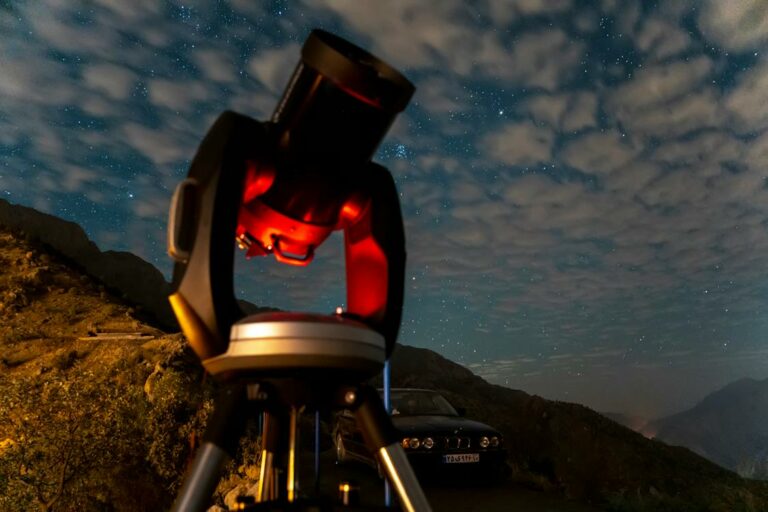
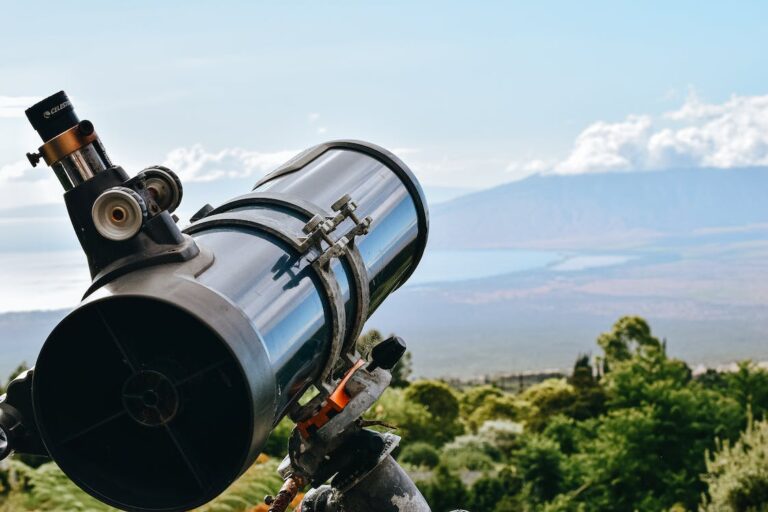
+ There are no comments
Add yours